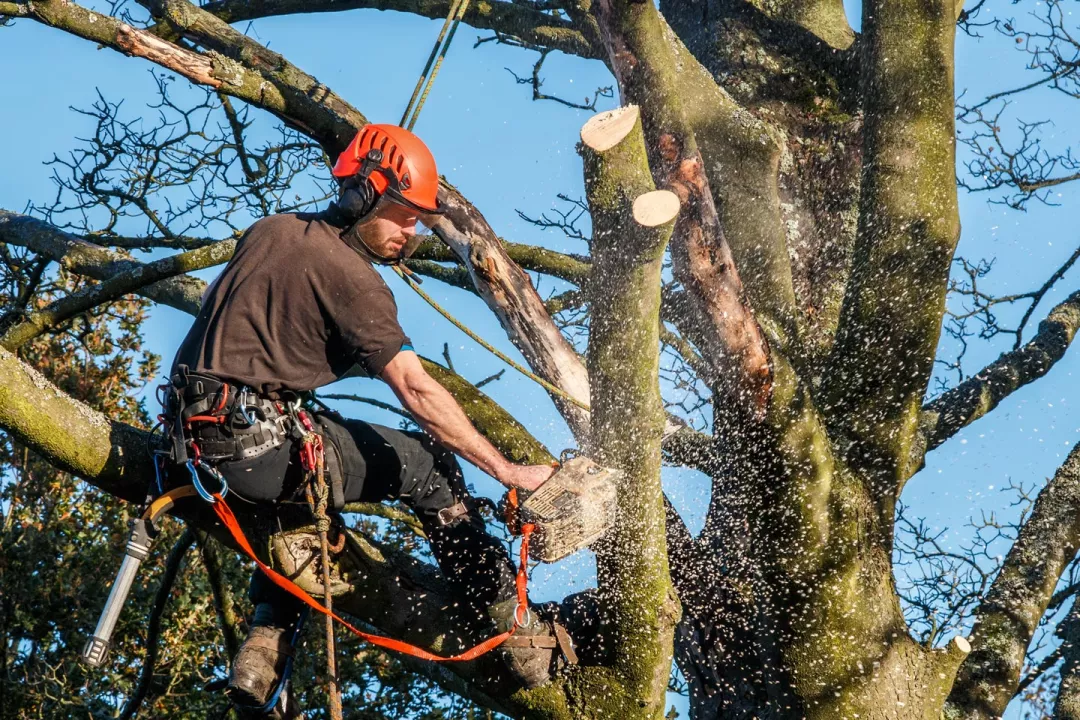LEADER support for rural skills
- CAP Implementation
- CAP Strategic Plans
- Food Supply Chain
- Forestry
- Jobs, Growth and Equality in Rural Areas
- LEADER
- Rural Development
Rural skills play fundamental roles in sustaining communities. LEADER Local Action Groups (LAGs) recognise the value of investing in skills. There are many good practice examples around the Member States.

Rural skills such as agricultural production and forest management play fundamental roles in sustaining communities by ensuring food security, promoting sustainable practices and providing economic opportunities. LEADER Local Action Groups (LAGs) recognise the value of investing in skills. There are many good practice examples around the Member States.
Our CAP Implementation Contact Point is focusing attention over the coming months on analysing good practices in the development of core skills for rural areas, including investments through LEADER. Our Thematic Group (TG) work on nurturing skills for a thriving and sustainable agricultural sector complements the European Year of Skills and is likely to include stakeholders from the LEADER community.
TG members will be networking their knowhow about how CAP investment in skills can strengthen the position of agri-food firms in supply chain and create value. A review of our Good Practices database shows the LAGs have been a prominent source of investment through the skills pipeline across the agri-food, agriculture and forestry arena. LEADER’s support can cover both analysis of skills gaps as well as capacity building funds for certified rural skills.
Practical examples
LEADER has enabled the essential needs analysis work for specific rural skills, as demonstrated by a recently published good practice example in Portugal. Here the reLOCALiza project helped identify skill gaps that exist among local farmers for improving their position in value chains to help them gain access to new markets.
Project results helped the local public authorities better understand skills needs among agri-food firms to improve their income by participating in direct sales and short-supply chains. Public canteens were the focal point of the project’s attention and demand was confirmed for key skills in relation to how farmers can secure new markets from gaining new expertise about public procurement procedures.
In addition to supporting key preparatory work involved in implementing evidence-led rural skills programmes, LEADER has also invested in many types of skills training. Another new good practice example in our database of CAP-funded success stories highlights how a small-scale niche start-up firm of arborists received support from a Latvian LAG to train its personnel in tree surgeon skills.
LEADER funds were used to provide professional qualifications under a specialised certification scheme and these skills helped the company grow by attracting new clients. Results of this LEADER project not only allowed staff to work more independently and safely, thereby freeing up the main supervisor to pursue future business opportunities, but LAG support was also instrumental in attracting a qualified arborist to return to work in rural Latvia.